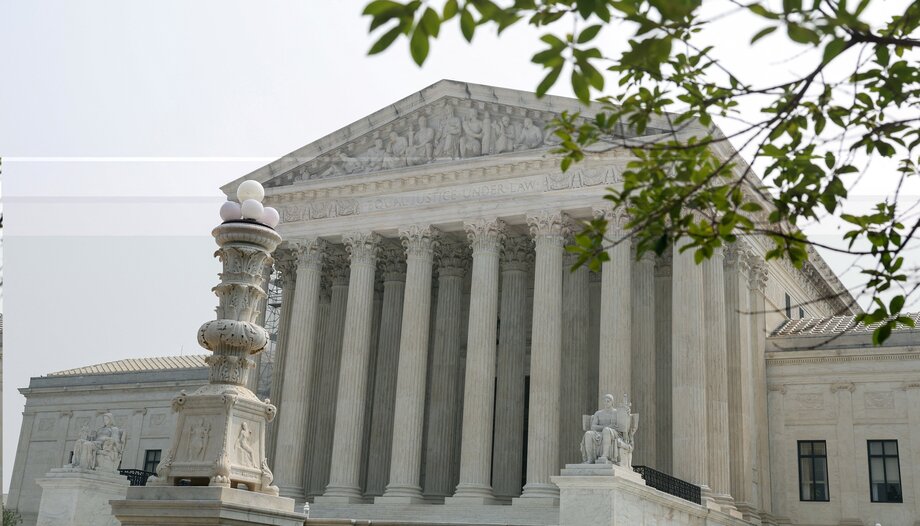On June 29, the Supreme Court of Justice The U.S. Supreme Court issued a landmark opinion stating that employers must now look for ways to make religious accommodation for workers who request it. Such concessions may only be denied when they would be an undue hardship and would cause undue hardship to the company.
The case is known as "Groff v DeJoy". Gerald Groff is a former evangelical worker for the U.S. Postal Service (USPS) who refused to work on Sundays because of his religious beliefs and received reprimands that led to his resignation. Groff quit his job, but also filed a lawsuit in court against the USPS, whose CEO is Louis DeJoy. Failing to obtain a favorable decision in the lower courts, Groff and his attorneys took the case to the Supreme Court, where it was accepted.
Legal precedent
This and similar lower court decisions were based on the interpretation of a 1977 precedent known as "TWA v Hardison," which evoked Title VII of the Civil Rights Act of 1964, which prohibits employment discrimination on the basis of race, color, sex, religion or national origin. TWA v Hardison contained a fundamental concept for interpretation: minimum cost. Companies were not required to make concessions on religious grounds to their employees if such concessions represented more than de minimis cost to the company. Under that parameter, most requests were rejected. Workers like Groff were required to report to work, even if it was a day marked by their religious beliefs as sacred or dedicated to God and rest, in the case of Christianity.
In this opinion, signed by Justice Samuel Alito, the nine justices state that the interpretation that the courts had previously given to the concept of minimum cost is erroneous. Therefore, in the Groff v DeJoy case, the lower courts must review their decision taking into account the new standard of interpretation. The case will now be reviewed again by lower courts. Regardless of the ruling, this new interpretation will change some aspects of federal employment practices for employees requesting special religious allowances. While it was previously easier for a company to refuse such requests by invoking a cost greater than the minimum, it will now be more difficult for them to refuse to grant them. Or the employee will be able to file a complaint and eventually a lawsuit.
Beliefs in public life
In response to the Supreme Court's opinion, Cardinal Timothy M. Dolan, Archbishop of New York City and chairman of the U.S. bishops' conference's committee for religious liberty welcomed the decision: "Many people of faith are told that they can only follow their religious beliefs in private or within the four walls of a church. But religious freedom means nothing if it is not brought into the public square," Dolan said, adding that workplaces are spaces where "we meet and collaborate with people from other walks of life. Working together requires navigating personal differences with compassion and respect, and that obligation applies to religious differences," he concluded.








